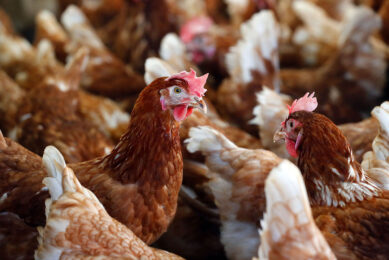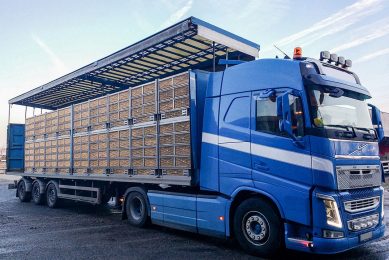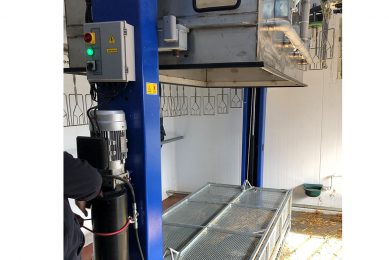CAS not a humane method of poultry slaughter
Based on input from animal-science veterinary and ethics professionals, American Humane Certified says that research is not yet conclusive or complete to support Controlled Atmosphere Stunning (CAS) as the preferred method of poultry slaughter.
“There is no distress as severe as the feeling of not being able to breathe. This feeling of suffocation is not only a result of lack of oxygen, but also the inability to blow off carbon dioxide. CO2 drives respiration. Even though CAS creates unconsciousness, there must be a period when the animal feels a sense of suffocation. For this reason, I do not accept CAS as a humane method of euthanasia,†says Bernard Rollin, Ph.D., professor in the departments of animal services and philosophy at Colorado State University and a member of the American Humane Certified Scientific Advisory Committee.
The American Humane Association created the first and original humane certification label program. Tim Amlaw, program manager of American Humane Certified, said, “We believe that humane slaughter of food animals must be performed using the best available science and in a manner that causes minimal or no distress to the animals. Based on our scientific experts and existing evidence, we are not aware of any science-based conclusive evidence that the distress chickens, turkeys or other species experience in existing electric stunning methods is greater, or less than that with gas anesthesia induction. Any claim that CAS is more humane is simply not founded on current science and should not be forced on the industry, at this time.â€
“Each current method of poultry stunning has issues that may be resolved in the interim, through close audit and further research and development. Neither animal processing facilities nor retail food operations should be forced to implement costly new technologies that do not generate clear improvements in animal welfare. To do so would not support a sustainable food chain,†says John McGlone, Ph.D., professor of animal and food sciences, and director of animal care services at Texas Tech University, and Scientific Advisory Fellow of the American Humane Certified program.
Related link:












